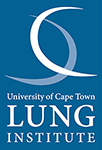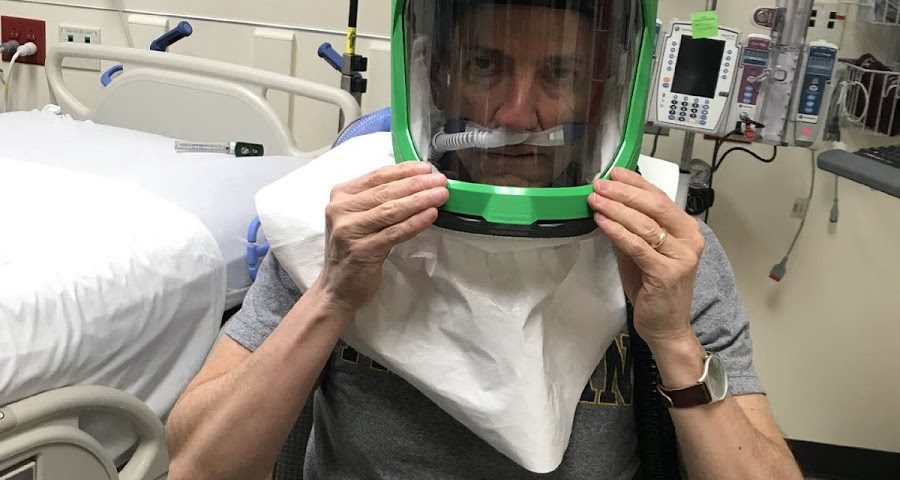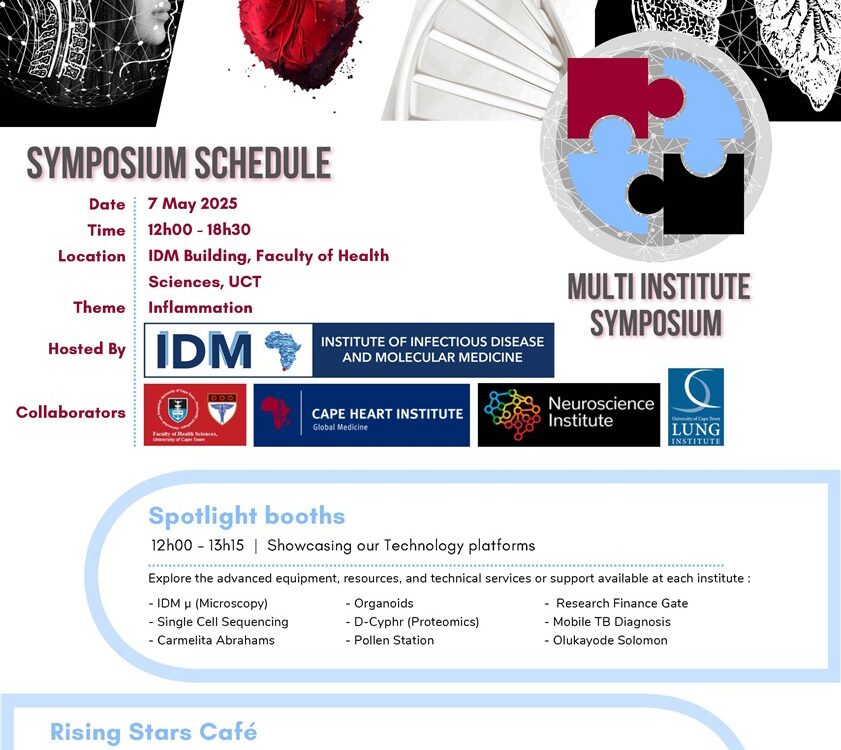
South Africans resort to smoking rooibos and other hot beverages
18th May 2020
A recap on the medical risks of smoking
25th May 2020Times Select, 25 May 2020
US experts have developed a tent and helmet which could also be used in treatment of illnesses like TB
Healthcare workers are some of the most at-risk people to Covid-19 infection and with shortages of personal protective equipment the threat is even greater. But US engineers think that they may have a solution that could save the lives of many front-line workers.
A team of engineers and medical experts from the University of Michigan believe a procedural tent and portable helmet, which create a negative air-pressure environment for the wearers or Covid-19 patients, will see dramatic changes in the way in which severely ill patients with Covid-19 are treated. Negative air-pressure environments prevent infected air from the patient escaping into the environment.
Hospitals typically treat patients with airborne diseases, including Covid-19 and tuberculosis, in a specially equipped negative pressure room to prevent the contaminated air from escaping the room and infecting other people.
In an article just published in the International Journal of Tuberculosis and Lung Disease, researchers contend that the two devices, which are being trialled in the US, could be beneficial for regions such as Africa and in humanitarian settings where negative pressure rooms are few or non-existent.
Negative pressure procedural tents could protect healthcare workers during procedures such as intubation, nebulising and tracheotomy by removing the patient’s exhaled air. The portable helmet, powered by rechargeable battery, could also be used in non-clinical environments that are difficult to decontaminate, such as aeroplanes, ships and large factories. Local infectious disease experts agree the latest innovation could benefit SA, where health workers are at risk of TB and Covid-19.
US experts have developed a tent and helmet which could also be used in treatment of illnesses like TB
Healthcare workers are some of the most at-risk people to Covid-19 infection and with shortages of personal protective equipment the threat is even greater. But US engineers think that they may have a solution that could save the lives of many front-line workers.
A team of engineers and medical experts from the University of Michigan believe a procedural tent and portable helmet, which create a negative air-pressure environment for the wearers or Covid-19 patients, will see dramatic changes in the way in which severely ill patients with Covid-19 are treated. Negative air-pressure environments prevent infected air from the patient escaping into the environment.
Hospitals typically treat patients with airborne diseases, including Covid-19 and tuberculosis, in a specially equipped negative pressure room to prevent the contaminated air from escaping the room and infecting other people.
In an article just published in the International Journal of Tuberculosis and Lung Disease, researchers contend that the two devices, which are being trialled in the US, could be beneficial for regions such as Africa and in humanitarian settings where negative pressure rooms are few or non-existent.
Negative pressure procedural tents could protect healthcare workers during procedures such as intubation, nebulising and tracheotomy by removing the patient’s exhaled air. The portable helmet, powered by rechargeable battery, could also be used in non-clinical environments that are difficult to decontaminate, such as aeroplanes, ships and large factories. Local infectious disease experts agree the latest innovation could benefit SA, where health workers are at risk of TB and Covid-19.
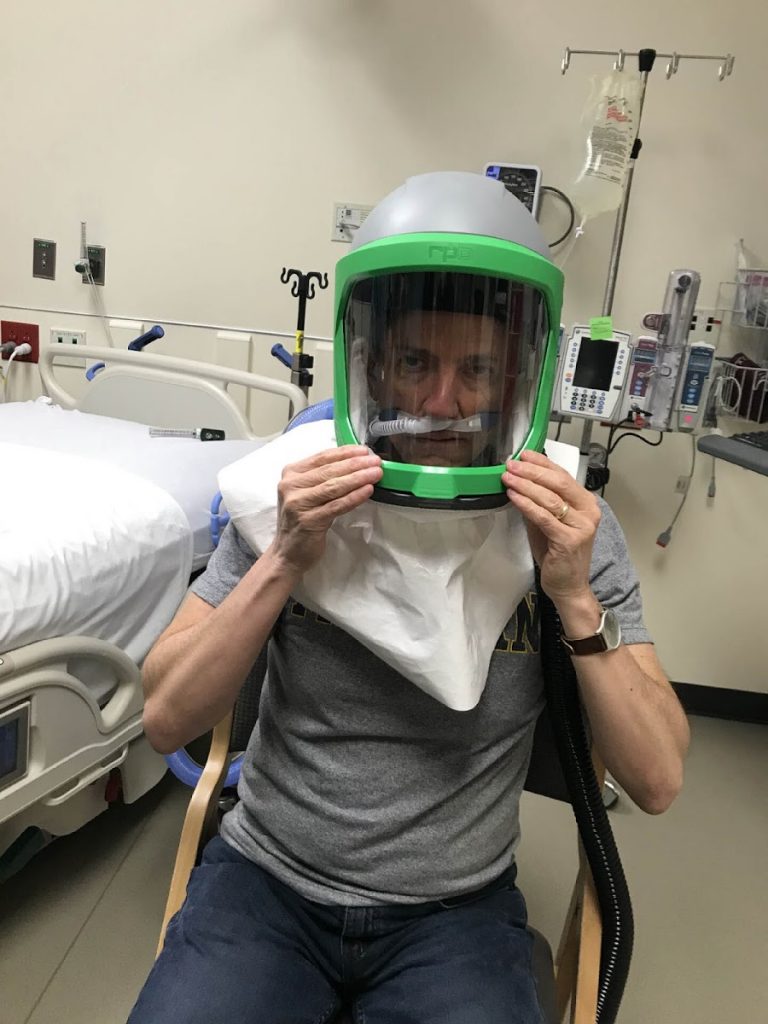
Game-changer This helmet, designed by US engineers, has been hailed as a game-changer in the treatment of Covid-19. Experts say it could also help contain TB infection. Image: Supplied
Prof Mark Cotton, head of paediatrics and the infectious diseases unit at Stellenbosch University and Cape Town’s Tygerberg Hospital, described the devices as “quite innovative”.
“We definitely have insufficient negative pressure rooms. The costs of the devices and availability are needed, and also whether [they are] patented or not ... Could we replicate this locally? The devices could be very useful for procedures, especially in an emergency room or intensive care units, and also for [public] transport,” he said.
“We definitely have insufficient negative pressure rooms. The costs of the devices and availability are needed, and also whether [they are] patented or not ... Could we replicate this locally? The devices could be very useful for procedures, especially in an emergency room or intensive care units, and also for [public] transport,” he said.
"Clinical distancing is Covid-19’s next game-changer."
The Union's Dr Paula FujiwaraUniversity of Cape Town professor of pulmonology Keertan Dheda said the devices had two potential benefits for SA.
“Firstly, it would facilitate healthcare worker safety and reduce their exposure to droplets and infectious aerosol. Secondly, it would enable more patients to access, and more safely so, non-invasive forms of ventilation.
“Whether this will translate into lower rates of infection in healthcare workers remains to be proven, as they may still be exposed to a considerable amount of virus, above the threshold to initiate infection. There may still be aerosolisation when patients need to eat or perform other activities, but intuitively it makes sense. It is possible that some patients may not tolerate devices like the helmet because of claustrophobia,” he said.
Lung-health organisation The Union said the two devices had the potential to save lives from Covid-19 and other respiratory diseases, such as TB and influenza. They would also make possible “clinical distancing”, a parallel to social distancing that reduces unnecessary contact with patients.
Dr Paula Fujiwara, scientific director of The Union said: “Clinical distancing is Covid-19’s next game-changer. There is no doubt that if the portable helmet and tent are carried through to production and distributed by year’s end, we will see dramatic changes in the way in which severely ill patients with Covid-19 are treated, while providing vital protection for the healthcare workers caring for them.”
https://select.timeslive.co.za/news/2020-05-25-new-devices-set-to-protect-healthcare-workers-lives-from-covid-19/
“Firstly, it would facilitate healthcare worker safety and reduce their exposure to droplets and infectious aerosol. Secondly, it would enable more patients to access, and more safely so, non-invasive forms of ventilation.
“Whether this will translate into lower rates of infection in healthcare workers remains to be proven, as they may still be exposed to a considerable amount of virus, above the threshold to initiate infection. There may still be aerosolisation when patients need to eat or perform other activities, but intuitively it makes sense. It is possible that some patients may not tolerate devices like the helmet because of claustrophobia,” he said.
Lung-health organisation The Union said the two devices had the potential to save lives from Covid-19 and other respiratory diseases, such as TB and influenza. They would also make possible “clinical distancing”, a parallel to social distancing that reduces unnecessary contact with patients.
Dr Paula Fujiwara, scientific director of The Union said: “Clinical distancing is Covid-19’s next game-changer. There is no doubt that if the portable helmet and tent are carried through to production and distributed by year’s end, we will see dramatic changes in the way in which severely ill patients with Covid-19 are treated, while providing vital protection for the healthcare workers caring for them.”
https://select.timeslive.co.za/news/2020-05-25-new-devices-set-to-protect-healthcare-workers-lives-from-covid-19/
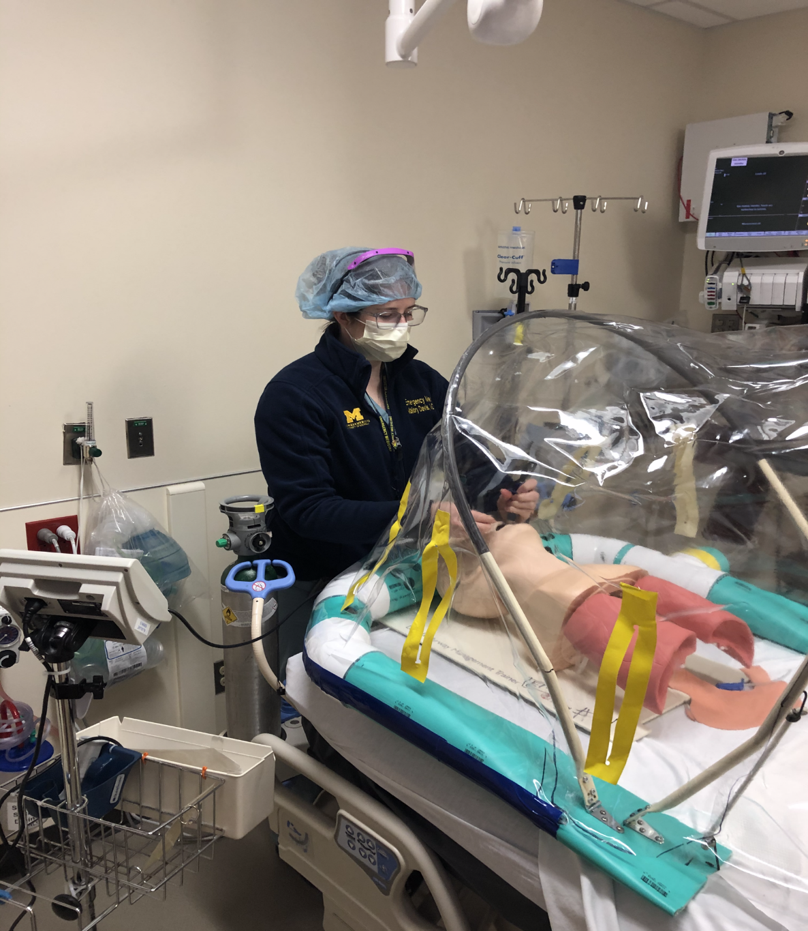
Infection-buster This tent, which releases negative air pressure, could be the future for SA, where expensive negative pressure rooms are in short supply. Negative air pressure prevents infection from spreading to other areas. Image: Supplied
